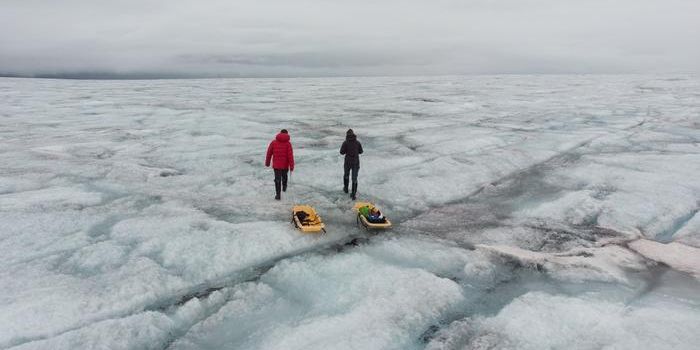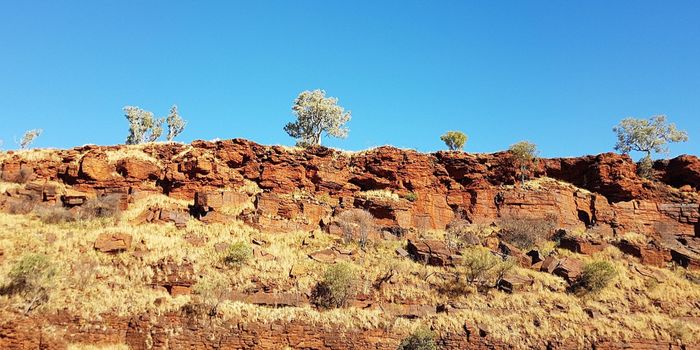The Keystone XL Pipeline Moves Forward
Last Friday morning the Trump administration crushed environmentalists’ spirit once more by granting approval for the 1,179-mile Keystone XL pipeline, which would help transport 830,000 barrels of oil per day from Canada’s oil sands to refineries in the Gulf Coast. Although by itself the State Department’s allowance that the pipeline cross the US-Canada border isn’t enough to guarantee the construction of the pipeline, TransCanada, the company behind the project, is still singing the president’s praises.
“This is a significant milestone for the Keystone XL project,” Russ Girling, TransCanada’s president and chief executive, said in a video release early Friday. “We greatly appreciate President Trump’s administration for reviewing and approving this important initiative, and we look forward to working with them as we continue to invest in and strengthen North America’s energy infrastructure.”
But the company nonetheless does still have some hoops to jump through. TransCanada needs to secure permits and approval in Montana, South Dakota, and Nebraska. Nebraska in particular has seen backlash from local environmentalists and landowners who are worried about potential damages to the state’s Ogallala water aquifer and Sand Hills region. Because of the opposition, the company moved the pipeline’s path farther east; yet TransCanada has said that it has agreements covering 90 percent of the route in each of the three states the pipeline will cross.
The State Department said in a statement that in reviewing TransCanada’s application in light of Trump’s recent executive order, officials determined that issuing a permit “would serve the national interest.” It said the undersecretary who signed the permit, Thomas A. Shannon Jr., had “considered a range of factors, including but not limited to foreign policy; energy security; environmental, cultural and economic impact; and compliance with applicable law and policy.”
This move demonstrates Trump’s claim to commit to creating jobs in the United States; it also shows some of the first actual actions for his complete disregard of environmental considerations. Not surprisingly, the news has received a lot of reaction on both sides.
Thomas Donohue, president of the U.S. Chamber of Commerce, called the pipeline’s approval “long deserved.” “This pipeline, and countless other projects around the nation, will improve America’s energy security, create jobs and help get the economy back on track,” he said in a statement.
“This project will not get built,” said Michael Brune, executive director of the Sierra Club. “We will defeat this pipeline in the courts and in the court of public opinion.”
Yet according to Platts Analytics, a part of S&PGlobal, even if the permits for the pipeline can be obtained in a few months to a year, construction would most likely not be completed until mid-2019.
Sources: Vox, The Washington Post










